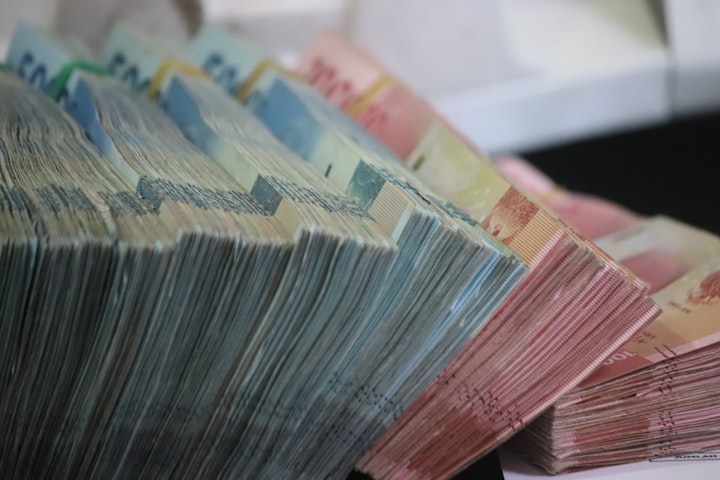
Financial Money: The Backbone of Modern Economies
Money plays a pivotal role in our modern economies. It serves as a medium of exchange, a unit of account, and a store of value. Without money, the complex web of economic activities that underpin our daily lives would come to a grinding halt. In this article, we will explore the concept of financial money, its functions, and its significance in the global economy.
Financial money refers to the currency and other forms of liquid assets that are used in financial transactions. It encompasses physical cash, such as banknotes and coins, as well as digital money stored in bank accounts and electronic payment systems. The advent of technology and the rise of digital currencies have expanded the scope of financial money, allowing for faster and more convenient transactions across borders.
One of the primary functions of financial money is its role as a medium of exchange. It facilitates the exchange of goods and services by providing a universally accepted means of payment. Instead of engaging in direct barter, where individuals would have to trade goods for goods, money simplifies transactions by providing a standardized unit of value. Whether it's buying groceries, paying bills, or investing in stocks, financial money enables smooth economic transactions.
Moreover, financial money serves as a unit of account. It provides a standard measure of value for goods and services, making it easier to compare prices and track economic activity. Prices are expressed in monetary terms, allowing consumers and businesses to make informed decisions based on the relative value of goods and services. The use of financial money as a unit of account brings clarity and transparency to economic transactions, enabling efficient resource allocation.
Additionally, financial money acts as a store of value. It allows individuals and businesses to accumulate wealth over time. By saving money, individuals can defer consumption and build a financial cushion for the future. Banks and other financial institutions play a crucial role in this aspect, providing interest-bearing accounts and investment options that help money grow. The stability and reliability of financial money as a store of value encourage long-term planning and economic stability.
In the global economy, financial money plays a significant role in facilitating international trade and investment. Currencies, such as the U.S. dollar, euro, and yen, are widely accepted as mediums of exchange in international transactions. Foreign exchange markets enable the conversion of one currency into another, facilitating cross-border trade and investment flows. Stable and reliable financial money is essential for maintaining confidence in global markets and promoting economic growth.
The management and regulation of financial money are critical to maintaining the stability of economies. Central banks, such as the Federal Reserve in the United States or the European Central Bank, play a crucial role in overseeing monetary policy. They regulate the money supply, manage interest rates, and ensure the stability of financial systems. Governments also enact laws and regulations to prevent fraud, money laundering, and other illegal activities related to financial money.
In recent years, the emergence of cryptocurrencies has sparked debates about the future of financial money. Cryptocurrencies like Bitcoin and Ethereum operate on decentralized networks using blockchain technology. While they offer certain advantages such as increased privacy and security, their volatility and regulatory challenges have raised concerns. It remains to be seen how cryptocurrencies will integrate with traditional financial systems and whether they will become widely accepted as a form of financial money.
In conclusion, financial money plays a central role in modern economies. Its functions as a medium of exchange, unit of account, and store of value enable economic transactions, promote stability, and foster growth. The management and regulation of financial money are crucial for maintaining trust and confidence in financial systems. As technology continues to evolve, the future of financial money may see further advancements, but its fundamental importance in supporting economic activities will remain steadfast.
About the Creator
Danny
I post random stories






Comments
Danny is not accepting comments at the moment
Want to show your support? Send them a one-off tip.